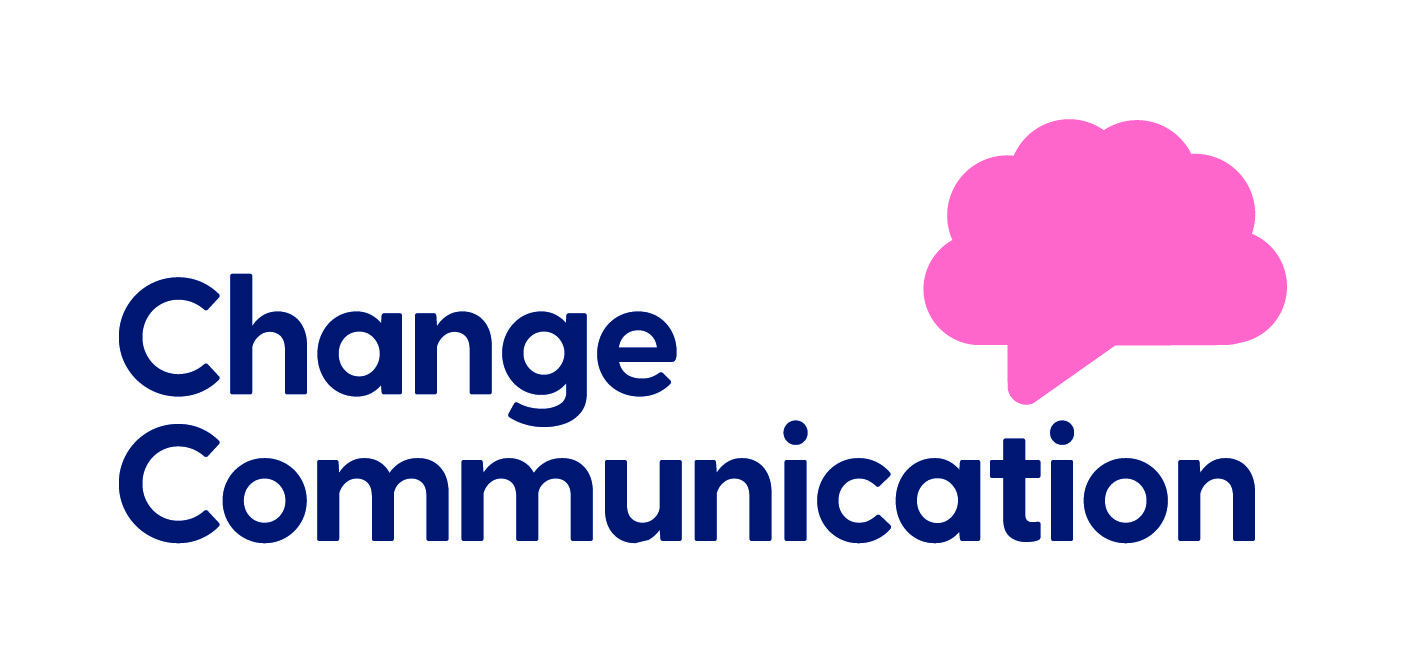Free Resources
Top Tips for communication
Communication helps us to build relationships, learn, share ideas and achieve our goals. Here are some top communication tips to try in your work and beyond!
Introduce yourself:
Say your name and job title. Explain what you can help with.
Start right:
Smile when you meet. Say “it’s great to meet you”.
Get your message across:
Use everyday words. Pause between sentences. Try not to interrupt.
Use lists and visuals:
Use lists to help keep on track. Use visual material such as pictures and objects to support your explanations.
End right:
Write down the key points for your listener. “Today we talked about…”. “Next, I/you will…”.
Webinars
Find out how you can support people who use your service with their speech, language and communication needs. Our Speech and Language Therapist Leigh Andrews helps presents this free webinar for staff in homelessness settings.
Free training
The Royal College of Speech and Language Therapists developed the Communication Access initiative in partnership with charities to improve the lives of people with communication difficulties.
To sign up and complete the free training, visit https://communication-access.co.uk/
Research
Leigh Andrews and Prof. Nicola Botting (2020). “The speech, language and communication needs of rough sleepers in London”. https://onlinelibrary.wiley.com/doi/full/10.1111/1460-6984.12572
Graham Pluck et al. (2020). “Language ability and adult homelessness”. https://onlinelibrary.wiley.com/doi/abs/10.1111/1460-6984.12521
Neurodiversity guidance
Change Communication provided information for this guide to supporting autistic people in inclusion health settings.
To access a pdf of this guidance, follow this link https://www.homelesshealthnetwork.net/lnnm-publications/ and you will find the document under the ‘Guidelines for supporting autistic clients in inclusion health work’ heading.
Health Inequalities Case Study
Communication first: People experiencing street homelessness
This case study addresses the health inequalities of people experiencing homelessness and illustrates the positive impact Speech and Language Therapy can have by identifying and supporting communication needs.
To download a pdf of the case study, follow this link https://www.rsph.org.uk/our-work/resources/allied-health-professionals-hub/case-studies.html and you will find the case study under the ‘Health Inequalities’ heading.





